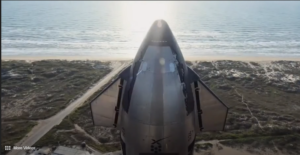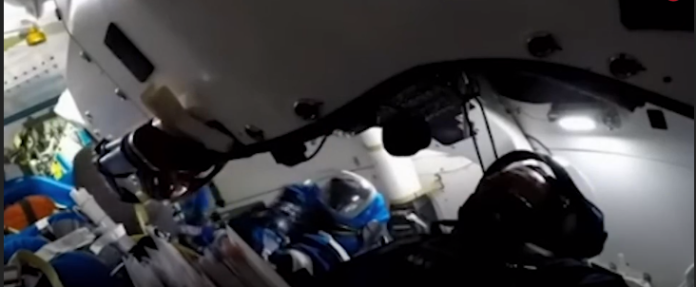A contractor for Nasa urged the space agency to conduct more safety checks before the highly-anticipated first launch of its Starliner rocket – which is set to take off as soon as next week – “before something catastrophic happens”.
ValveTech, a contractor that supplies Nasa with valve components for the Starliner aircraft, warned against the imminent launch on 17 May.
 The last launch, slated for 6 May, was scrubbed two hours before takeoff due to a valve issue.
The last launch, slated for 6 May, was scrubbed two hours before takeoff due to a valve issue.
The Starliner is designed to transport people to and from the International Space Station as well as other low-Earth-orbit destinations.
“As a valued Nasa partner and as valve experts, we strongly urge them not to attempt a second launch due to the risk of a disaster occurring on the launchpad,” ValveTech president Erin Faville said in a press release.
“According to media reports, a buzzing sound indicating the leaking valve was noticed by someone walking by the Starliner minutes before launch. This sound could indicate that the valve has passed its lifecycle,” Ms. Faville wrote.
She urged Nasa to “re-double safety checks and re-examine safety protocols to make sure the Starliner is safe before something catastrophic happens to the astronauts and to the people on the ground,” Ms. Faville added.
This is the latest bout of bad news for Boeing, which has made repeated headlines recently over its aircraft defects.
The contractor then turned to a separate issue, brought up in a federal court November 2023 decision. The court found that Boeing had used a valve from another contractor, Aerojet Rocketdyne, which “breached multiple non-disclosure agreements” when it took from ValveTech’s designs and technology.
A witness at the trial warned that the Aerojet valve was “not qualified to the right specifications and not evaluated to ensure safety protocols,” the press release states.
So, the press release continued, ValveTech “continues to question how Nasa, Boeing and Aerojet could have qualified this valve for the mission without proper supporting data or previous history or legacy information”, which “goes against aerospace-industry qualification protocols established by Nasa”




